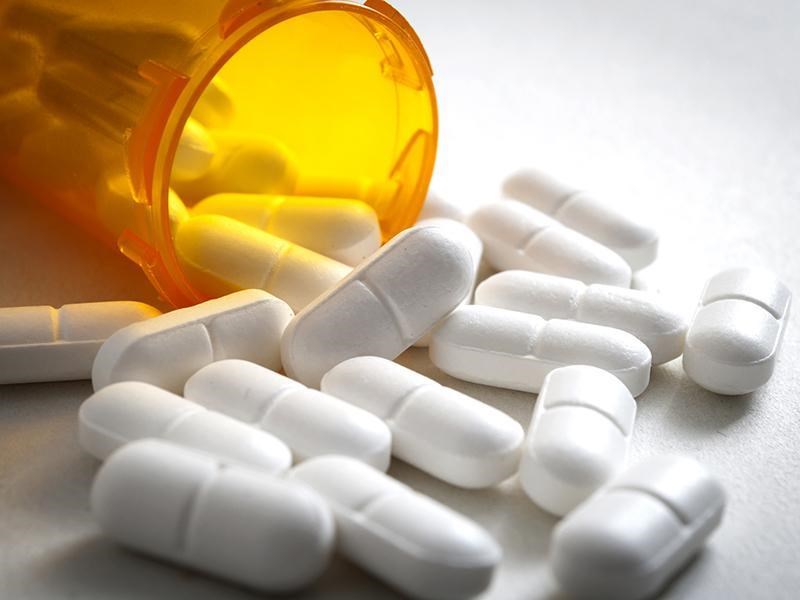The opioid epidemic is a complex health and social issue that spans much of North America, showing higher-than-ever rates of opioid overdose. Often, overdose deaths are associated with street-level addiction issues, but are more likely to occur among working people, at home, sometimes with other people present.
What are some causes of the current Opioid epidemic?
Fentanyl, a powerful synthetic opioid drug, generally reserved for patients in supervised medical treatment, is being imported illegally and found in many drugs, including stimulants like cocaine and other known party drugs such as MDMA or ecstasy. Heroin is nearly non-existent now as fentanyl and its analogues are an abundant, cheap and easy additive to make drugs more potent. A grain of sand-sized amount can seriously harm a grown person. If you have heard of dealers “cutting” drugs with other substances, this is what is occurring, but with some of the strongest opioids in the world.
How did it get here?
Opioids have always existed everywhere, but are much stronger now. Due to the quiet nature of opioid substance use, it can sometimes be difficult for loved ones to identify if someone needs help. There is a lot of shame for people struggling with addiction, and we tend to blame people for “bad” choices creating their problems, instead of acknowledging substance use disorder as a medical issue.
When people use opioids regularly over a long period of time, their bodies and brains change, and grow to rely on these medications to function. When the supply of medications or other sources run out, it can create a situation where people try to find a similar drug elsewhere, sometimes starting a cycle of illicit drug use, or other activities to keep them out of extreme pain and stress of withdrawal.
One contributing factor currently identified by the province began several years ago when prescription rates across the country increased for pain-related drugs such as morphine, OxyContin, fentanyl and others. These medications were traditionally used for severe pain after surgery or in cases where someone was experiencing advanced cancer or other painful conditions. As the medications became more easily prescribed by doctors outside of hospitals, the rates of “misuse” grew, as patients’ tolerance for their medications increased.
How does it impact people in Powell River?
Right now, we know people across qathet Regional District are dying from accidental overdose at a similar per-capita rate as in Vancouver. In a small community, these numbers can feel especially alarming.
Given the size of Powell River, the coroner cannot publicly release numbers for fear people will be identified this way. So far, 2018 has seen another increase in accidental overdose deaths in qathet.
The stigma and shame around substance use is overwhelming, and families may continue to experience stigma if their loved one passed away due to drug use. Even though people who use opioids may not identify as someone with substance use issues, shame causes people to hide their drug use. Many overdoses occur when there are other people in the house who may have no idea what is happening until it is too late.
What’s the plan?
In mid-2018, Powell River was one of several BC communities to receive a grant from BC Ministry of Mental Health and Addictions to create a community response to the opioid crisis locally. The Community Action Team (CAT), consisting of more than 50 community members ranging from doctors, city councillors, firefighters, social workers, peers, public health staff, police and other community service providers, is currently formulating multiple projects to help bring the numbers of overdose deaths down across the district. The team will be working with the community to help reduce some pressure on people who are reluctant to seek help, and give them better access.
In the meantime, we encourage everyone to become trained in using naloxone, a medication that can reverse overdoses. For training and kit pickup, contact public health at Powell River General Hospital: 604.485.3310.
Powell River Community Action Team consists of a broad community cross-section of people, including doctors, nurses, parents, health professionals, peers, city reps, local non-profits, youth workers and police who collaborated on this article.



